Historical events on July 5
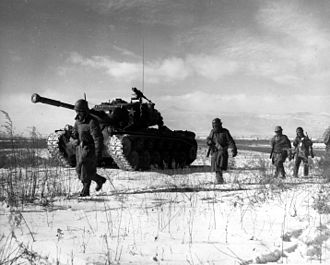
JULY 5, 1950
Korean War: In the first encounter between North Korean and American forces, an unprepared and undisciplined U.S. Army task force was routed at the Battle of Osan.
The Korean War was an armed conflict on the Korean Peninsula fought between North Korea and South Korea and their allies. North
Read More
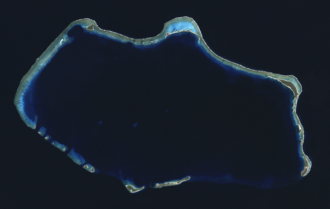
JULY 5, 1946
Named after Bikini Atoll, the site of the nuclear-weapons test Operation Crossroads in the Marshall Islands, the modern bikini was introduced at a fashion show in Paris.
Bikini Atoll, known as Eschscholtz Atoll between the 19th century and 1946, is a coral reef in the Marshall Islands consisting of
Read More
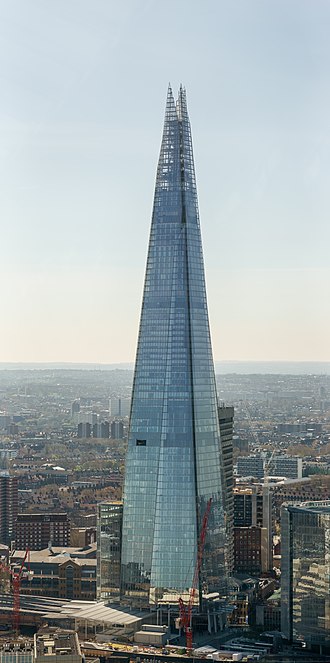
JULY 5, 2012
The Shard (pictured) in London was inaugurated as the tallest building in Europe, with a height of 310 m (1,020 ft), but was surpassed by Moscow's Mercury City Tower four months later.
The Shard, also referred to as the Shard London Bridge and formerly London Bridge Tower, is a 72-storey mixed-use development supertall pyramid-shaped
Read More
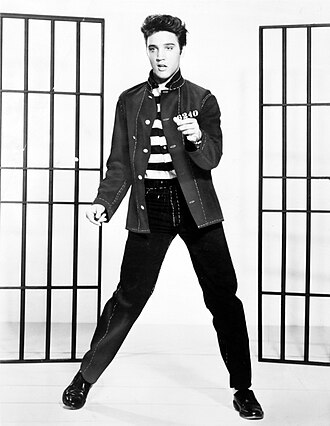
JULY 5, 1954
Elvis Presley recorded his first single, "That's All Right", at Sun Records in Memphis, Tennessee.
Elvis Aaron Presley was an American singer and actor. Referred to as the "King of Rock and Roll", he is regarded as
Read More
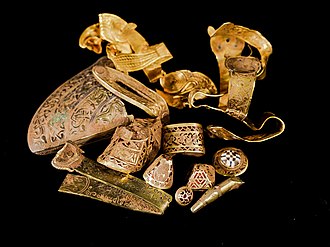
JULY 5, 2009
The Staffordshire Hoard, the largest collection of Anglo-Saxon gold ever discovered, consisting of more than 1,500 items (examples pictured), was found near Hammerwich in Staffordshire.
The Staffordshire Hoard is the largest hoard of Anglo-Saxon gold and silver metalwork yet found. It consists of almost 4,600 items and metal
Read More
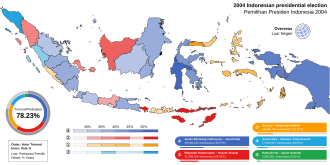
JULY 5, 2004
Indonesia held its first direct presidential elections, which resulted in the election of Susilo Bambang Yudhoyono as President of Indonesia after the second round on September 20.
Presidential elections were held in Indonesia on 5 July and 20 September 2004. As no candidate won a majority in the first
Read More
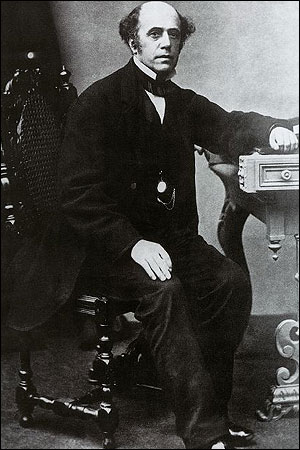
JULY 5, 1841
Thomas Cook, the founder of the British travel company Thomas Cook & Son, organised his first excursion, escorting about 500 people from Leicester to Loughborough.
Thomas Cook was the founder of the travel agency Thomas Cook & Son. He was born into a poor family in Derbyshire
Read More
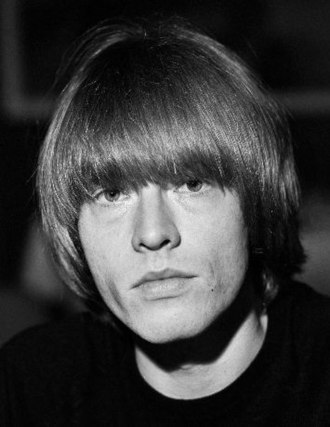
JULY 5, 1969
Two days after the death of their founder Brian Jones, the Rolling Stones performed at a free festival in Hyde Park, London, in front of more than a quarter of a million fans.
Lewis Brian Hopkin Jones was an English musician and founder of the Rolling Stones. Initially a slide guitarist, he went on to
Read More
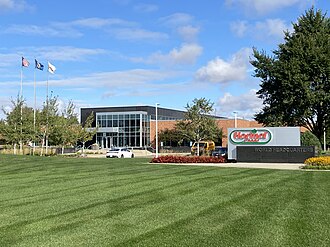
JULY 5, 1937
The Hormel Foods Corporation introduced Spam, the canned precooked meat product that would eventually enter into pop culture, folklore, and urban legend.
Hormel Foods Corporation, doing business as Hormel Foods or simply Hormel, is an American multinational food processing company founded in 1891 in
Read More
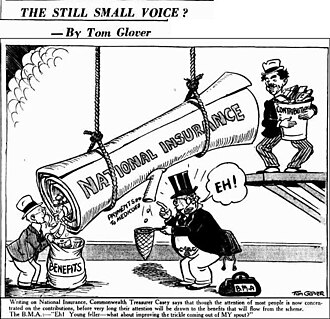
JULY 5, 1938
The Australian government enacted the National Insurance scheme, a comprehensive social security and health insurance system, only to abandon the scheme before it became operational.
National Insurance was a planned system of social security in Australia which would have provided medical, disability, unemployment and pension coverage to
Read More
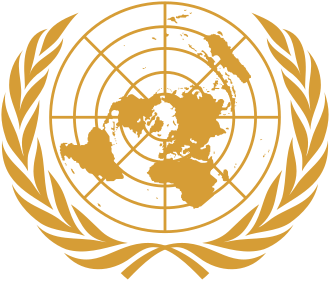
JULY 5, 2006
The United Nations Security Council held an emergency meeting hours after North Korea reportedly tested at least seven ballistic missiles.
The United Nations Security Council (UNSC) is one of the six principal organs of the United Nations (UN) and is charged with
Read More
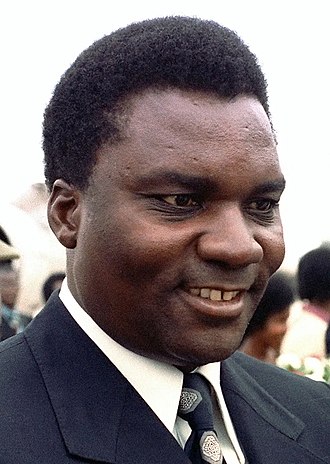
JULY 5, 1973
Juvénal Habyarimana (pictured) orchestrated a bloodless coup d'état of the Rwandan government and began a totalitarian dictatorship.
Juvénal Habyarimana was a Rwandan politician and military officer who was the second president of Rwanda, from 1973 until his assassination in
Read More
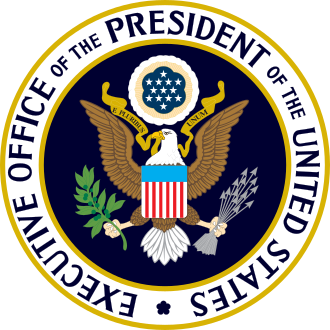
JULY 5, 1989
United States National Security Council member Oliver North was given a suspended sentence, probation, and community service for his part in the Iran–Contra affair.
The United States National Security Council (NSC) is the national security council used by the president of the United States for consideration
Read More
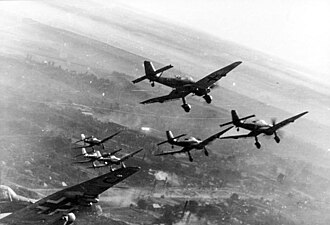
JULY 5, 1944
Second World War: Canadian troops defeated the last German counterattacks against Carpiquet, Normandy, France.
World War II or the Second World War was a global conflict between two coalitions: the Allies and the Axis powers. Nearly all
Read More
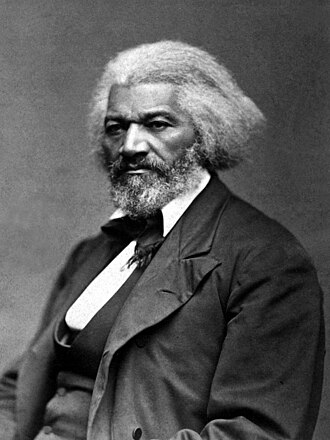
JULY 5, 1852
Frederick Douglass gave his speech known as "What to the Slave Is the Fourth of July?", arguing that positive statements about liberty, citizenship, and freedom, were an offense to the enslaved population of the United States because of their lack of those things.
Frederick Douglass was an American social reformer, abolitionist, orator, writer, and statesman. He was the most important leader of the movement for
Read More
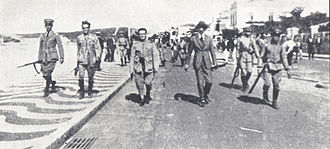
JULY 5, 1922
Brazilian Army rebels took over Fort Copacabana and launched a rebellion in Rio de Janeiro against President Epitácio Pessoa and President-elect Artur Bernardes.
Tenentism was a political philosophy of junior army officers who significantly contributed to the Brazilian Revolution of 1930 that ended the First Brazilian Republic.
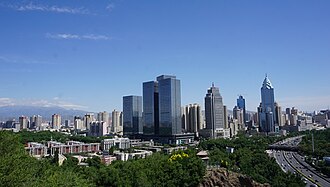
JULY 5, 2009
A series of violent riots broke out in Ürümqi, the capital city of Xinjiang in China.
A series of violent riots over several days broke out on 5 July 2009 in Ürümqi, the capital city of the Xinjiang
Read More

